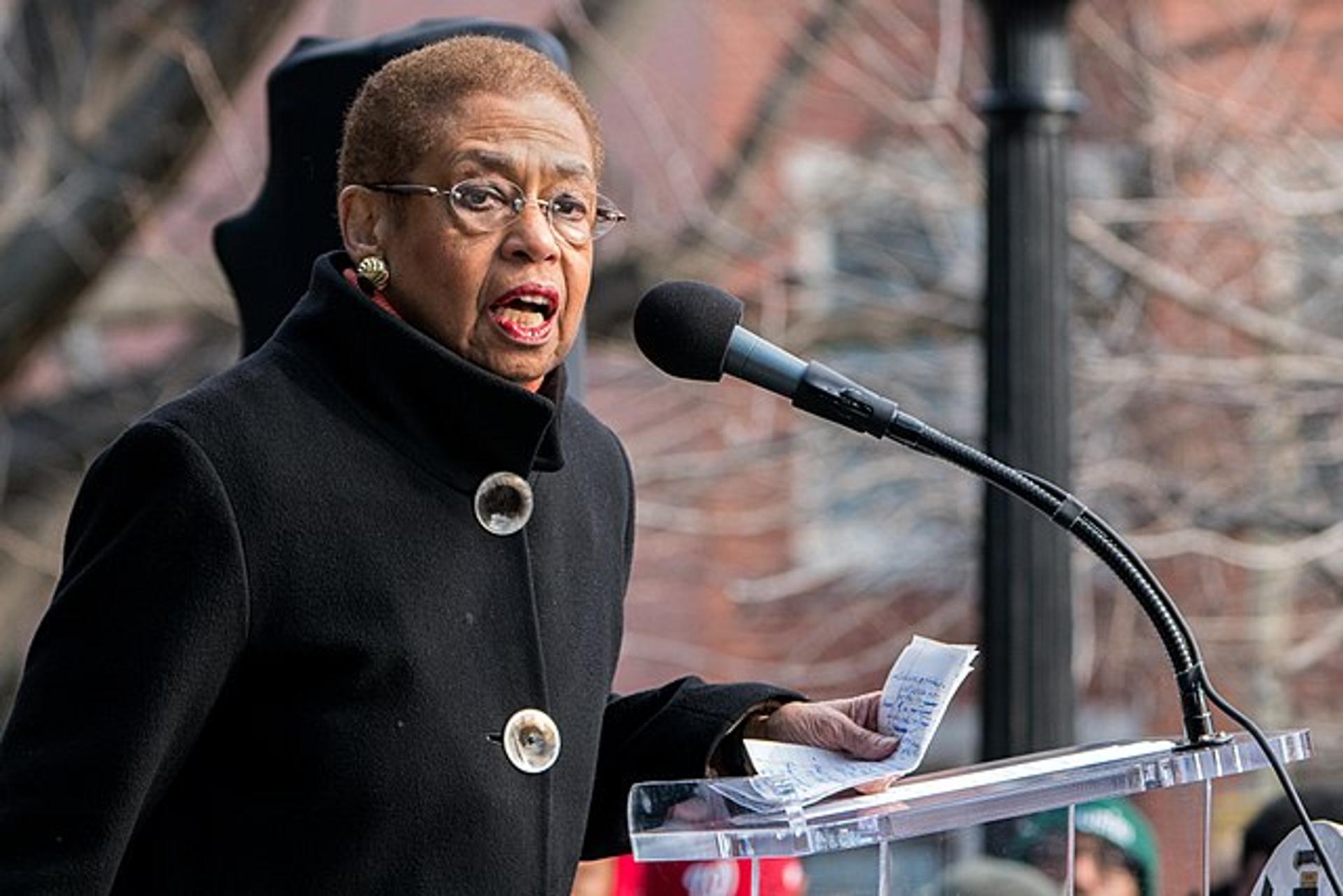The News
President Biden told Senate Democrats during a closed-door lunch that he would sign a bill revoking changes to the D.C. criminal code, shocking House Democrats who were an hour’s drive away in Baltimore at their caucus retreat.
In this article:
Know More
“This is news to me, and I’m very disappointed,” Del. Eleanor Holmes Norton, D-D.C. said after being told of the president’s decision by a reporter at a press conference with members of the Congressional Black Caucus.
The White House last month opposed the legislation to overrule D.C. lawmakers when House Republicans brought it to the floor. But the D.C. bill, which would overhaul its criminal code for the first time since 1901, has drawn intense criticism both inside and outside the District.
In order to pass it, the D.C. council overrode a veto from the city’s Democratic Mayor Muriel Bowser, who complained — along with many Republicans — that it reduced some criminal penalties amid a period of elevated violence. Defenders of the law said the criticisms were misleading, as the bill also gave judges more flexibility to increase penalties in some situations.
Kadia’s view
Getting involved now is an awkward move for Biden and Democrats, who have campaigned on protecting the District’s autonomy and granting it statehood. Bowser had previously asked them not to intervene and D.C. Attorney General Brian Schwalb said in a statement that the move “degrades the right of [D.C.’s] nearly 700,000 residents and elected officials to self-govern.”
Norton blamed a national rise in serious crime during the pandemic for turning Democratic Senators against the bill. Biden made clear Thursday he did not want to have to answer for the District’s policies.
“I support D.C. Statehood and home-rule — but I don’t support some of the changes D.C. Council put forward over the Mayor’s objections — such as lowering penalties for carjackings,” Biden tweeted. “If the Senate votes to overturn what D.C. Council did — I’ll sign it.”
Norton told reporters that the D.C. bill was an “unfinished product” and that the mayor would pursue changes, but called the overhaul package of reforms “extraordinarily important” and objected to Congress getting involved.
“I really can’t understand why they are so controversial, because the code raises penalties on some crimes, but it lowers penalties on others,” she said. “That’s based on experience — and that should be left to the District of Columbia, which has lived these experiences.”

